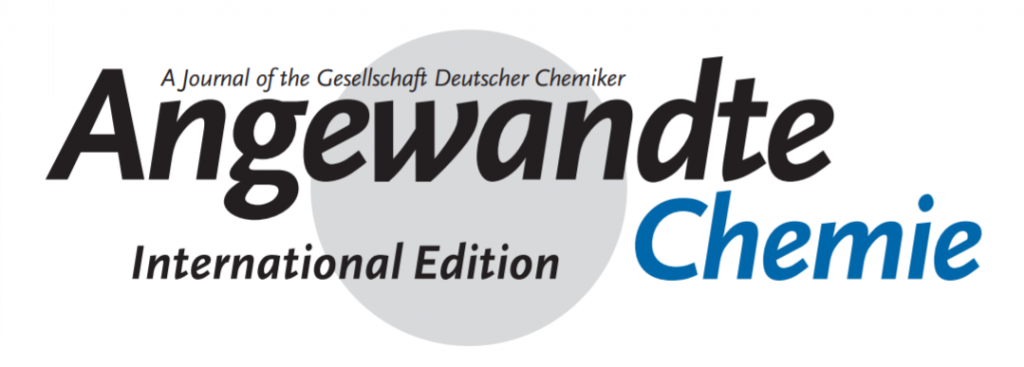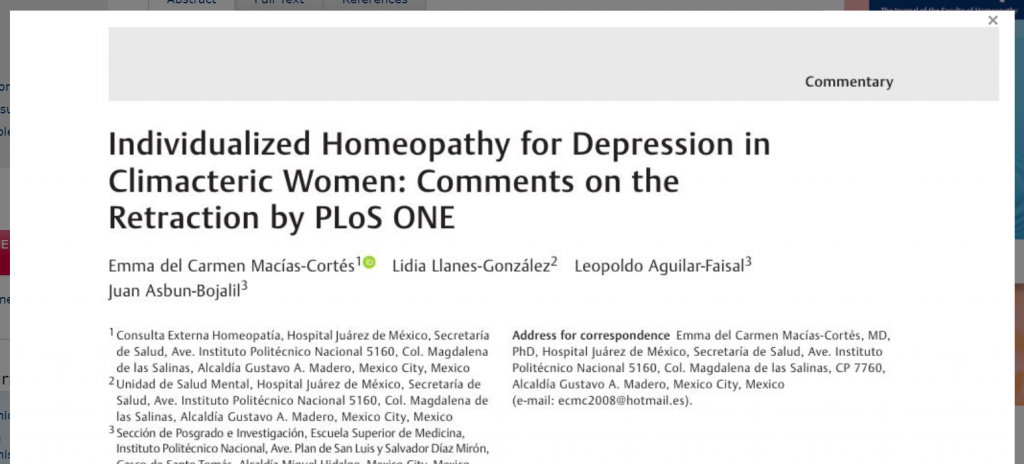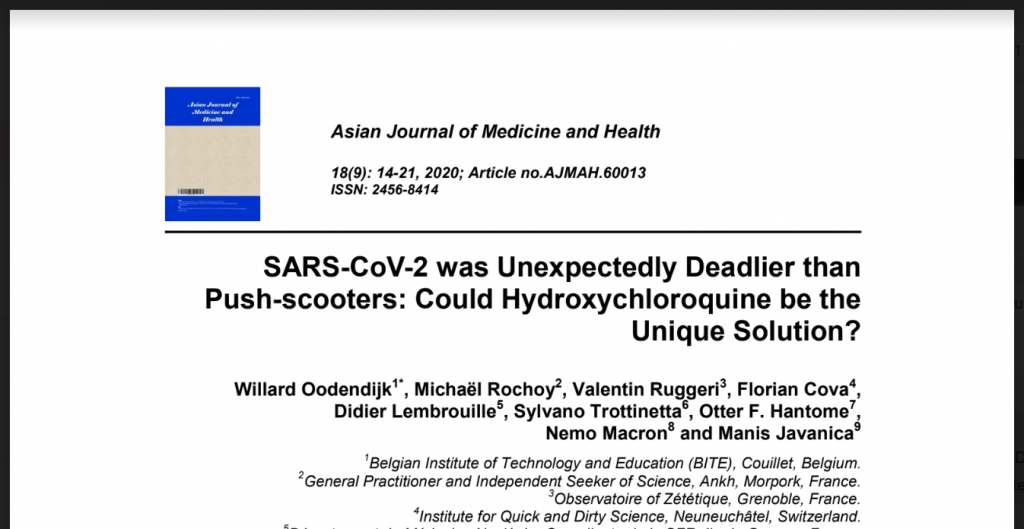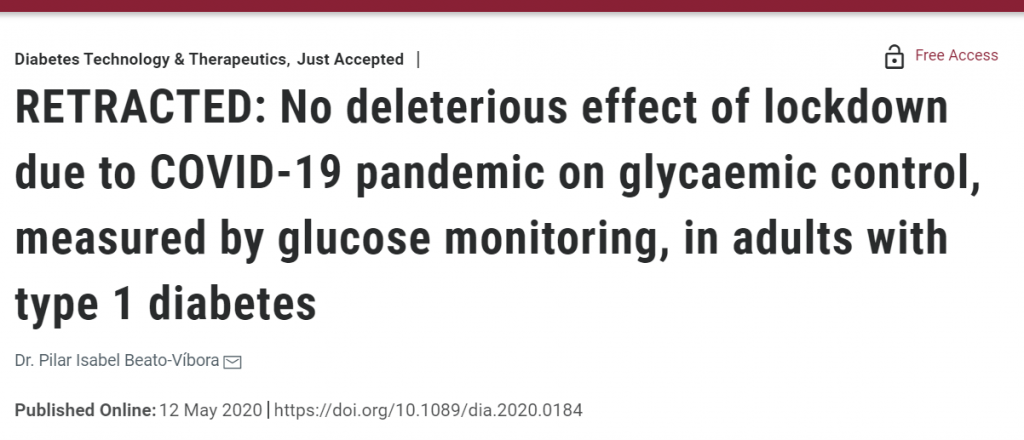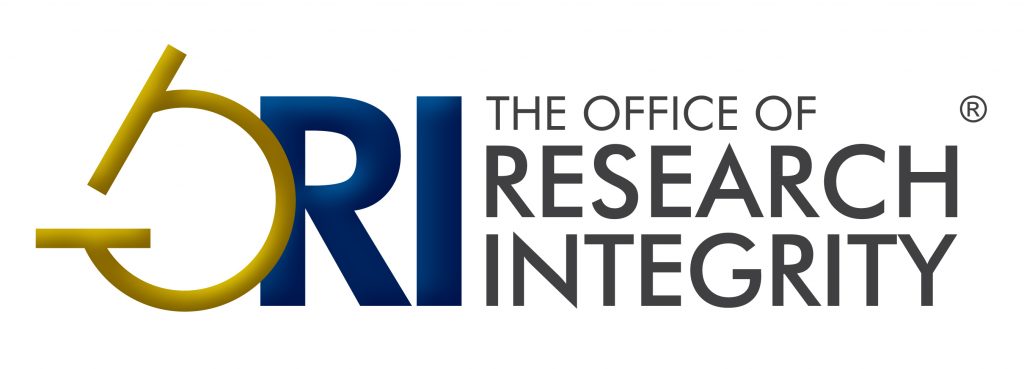
The case of Jonathan Pruitt, a spider researcher suspected of fabricating data in potentially dozens of studies, keeps getting weirder.
Pruitt, according to our count, now has six retractions. Currently associate professor and Canada 150 Research Chair at McMaster University in Hamilton, Ontario, he made a name for himself by providing other scientists with field data — much of which now appears to be unreliable.
Among the latest developments in the case is a correction in Proceedings of the Royal Society B, for a 2016 article titled “Behavioural hypervolumes of spider communities predict community performance and disbandment.” That followed this April expression of concern, which read:
Continue reading Spider researcher uses legal threats, public records requests to prevent retractions
